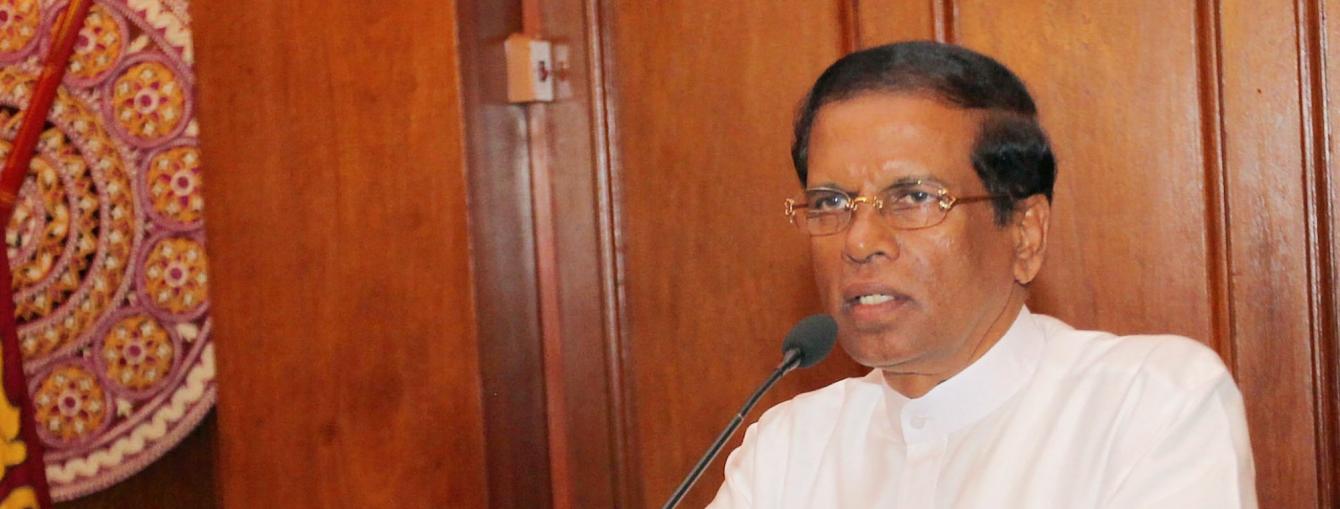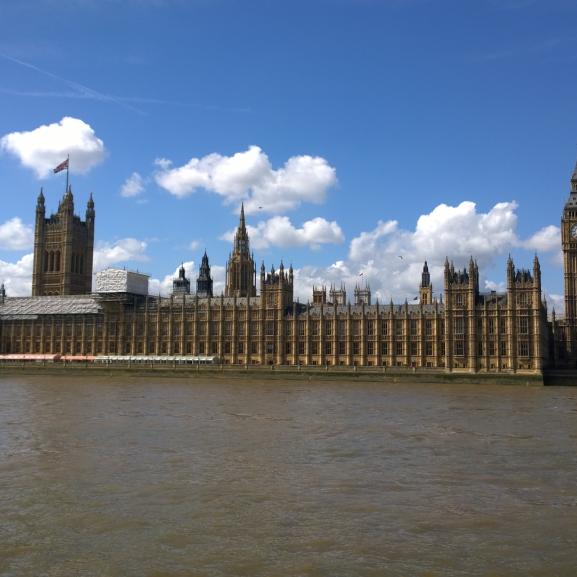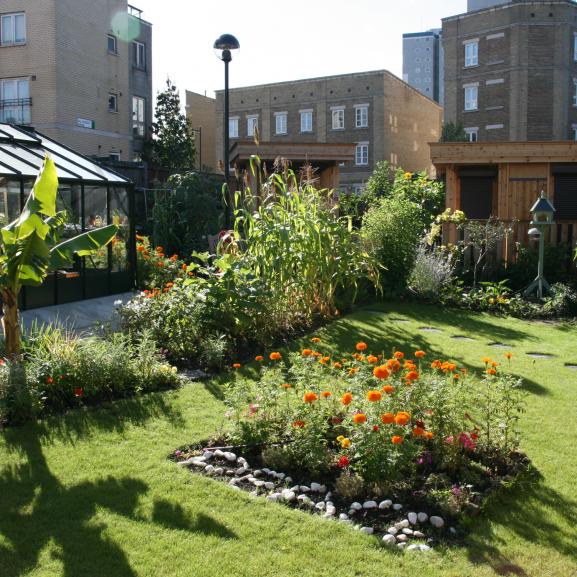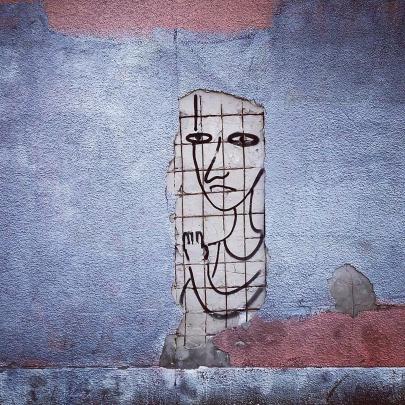Human Rights Council must demand greater action on torture from Sri Lanka
Blog by Ann Hannah, Head of Policy and Advocacy
The 37th Session of the UN Human Rights Council opened this week. We want the international community to use the opportunities in the Council to put pressure on the Government of Sri Lanka to start delivering on long-promised measures to address accountability for torture and other human rights abuses. Their inaction to date is sadly allowing continued abuses to flourish.
Resolution 30/1, co-sponsored by the Sri Lankan government in 2015, fed hopes that the coalition government of President Sirisena was committed to addressing the awful torture and human rights abuses that were widely reported up to and after the formal end of the conflict in Sri Lanka in 2009. This year marks the halfway point (of the two-year extension to the initial implementation period) for taking steps to turn these commitments in action.
One of the commitments in the Resolution that was particularly important to our clients, was a promise to create an internationalised justice process to hold all sides responsible for crimes committed in this period. Our survivor briefing from 2016 sets out the reasons why they feel strongly that such a process is necessary to help secure the long-term stability of their country.
Sadly, there has been very little progress on delivery of any of the commitments in the Resolution and discussions around accountability have fallen silent. This is devastating for survivors, and in the mean time we continue to receive reports, which we have shared with the UN, of torture including of people who have faced abuse under the current government. In 2017, for the seventh year running Sri Lanka has been our top country of origin for client referrals.
There has been very little progress on delivery of any of the commitments in the Resolution and discussions around accountability have fallen silent. This is devastating for survivors, and in the mean time we continue to receive reports, which we have shared with the UN, of torture including of people who have faced abuse under the current government.
This has also been noted by the Human Rights Council itself. In July 2017, Ben Emmerson QC, the former UN Special Rapporteur on protection of human rights while countering terrorism, visited Sri Lanka. At the end of his visit he reported:
"None of the measures so far adopted to fulfil Sri Lanka’s transitional justice commitments are adequate to ensure real progress, and there is little evidence that perpetrators of war crimes committed by members of the Sri Lankan armed forces are being brought to justice."
While there was slight progress in some areas he went on to say:
"The use of torture was and remains today, endemic and routine, for those arrested and detained on national security grounds. Since the authorities use this legislation disproportionately against members of the Tamil community, it is this community that has borne the brunt of the State’s well-oiled torture apparatus."
Survivors in treatment with us had a very real reminder of the continued mindset of impunity at the start of February when at the 70th anniversary of Sri Lankan independence they witnessed the Defence Attache, Brigadier Priyankara Fernando, make a deliberate throat-cutting gesture towards the demonstrators. This incident was filmed and later placed on social media and led to several MPs to calling on the UK government to expel the military attache.
Brigadier Fernando has now been recalled to Sri Lanka, supposedly “for his own safety.” The Sri Lankan government has made no public repudiation of his gesture and it seems that the predominant factor in his recall has been embarrassment, rather than shame.
Since then, Freedom from Torture has had distressing reports from our clinicians of the trauma caused to several of our clients who attended the demonstration or have viewed the incident on social media. They have told us that the incident, small as it might seem to an outsider, brought back memories of the torture they have suffered and the climate of fear and terror that caused them to flee Sri Lanka.
Incidents such as this one in London, and of course the reports of torture we continue to see, should remind the UK government and the other Human Rights Council member states why it is so important to maintain pressure on the government of Sri Lanka to end impunity. We are calling on the Human Rights Council to:
- Renew its calls for meaningful progress of delivery of the commitments contained in Resolution 30/1 including an accountability process that has cross-community and survivor confidence.
- We also want to see the Office of the High Commissioner for Human Rights investigate ongoing reports of torture, in order to identify the structures and systemic issues, which allow the use of torture to continue, to promote and strengthen torture prevention initiatives, and ensure an end to impunity for torturers.







